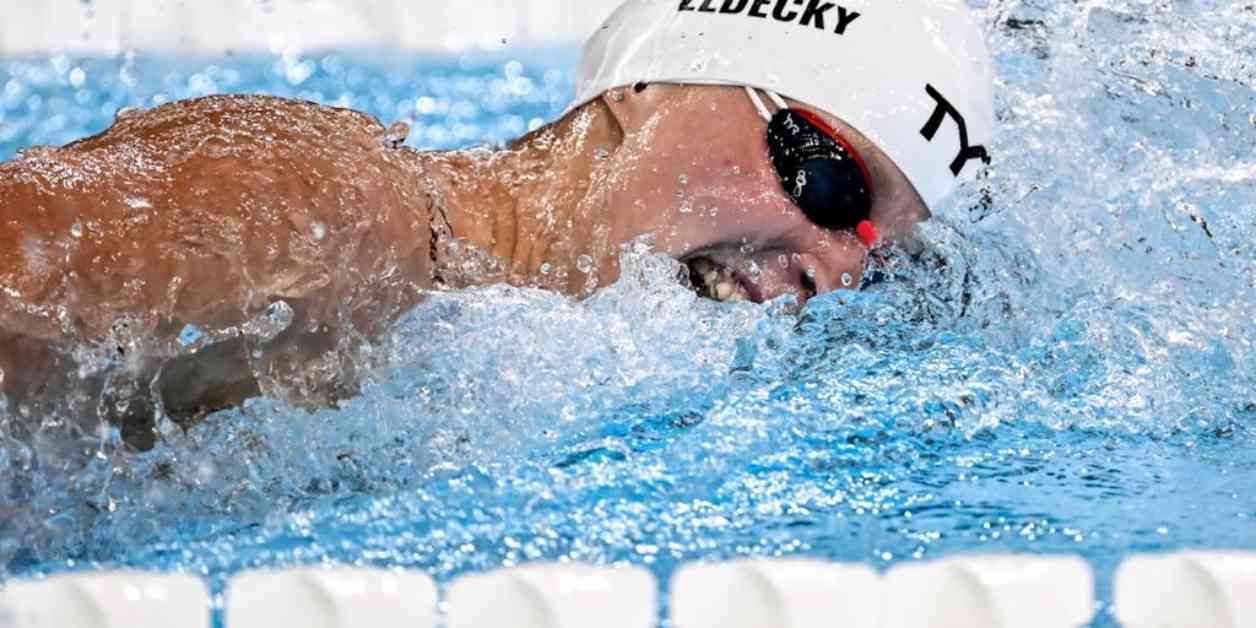After nearly a decade of keeping it under wraps, Olympic medalist Katie Ledecky has shared her POTS diagnosis with the world. The athlete, who has won 14 Olympic medals for swimming, the most of any female Olympian, said she has POTS (postural orthostatic tachycardia syndrome). In her new memoir, “Just Add Water: My Swimming Life,” Ledecky opened up about the challenges she faces due to the disease, including dizziness, fainting, and exhaustion.
POTS, a disturbance in the autonomic nervous system, affects the body’s ability to regulate functions properly. Dr. Blair Grubb, an expert on POTS, explained that when a person with POTS stands up, gravity displaces a significant amount of blood volume downwards, leading to the brain instructing the heart to beat faster and the blood vessels to constrict. This can result in less oxygen reaching the brain, causing symptoms like dizziness, fainting, and increased heart rate.
The causes of POTS can vary, with genetic factors like Ehlers-Danlos syndrome playing a role in some cases. Viral infections such as Epstein-Barr virus or COVID-19 can also trigger the condition by prompting an autoimmune response that affects blood vessel function. Symptoms of POTS range from mild cases of dizziness and increased heart rate to severe conditions that prevent patients from standing upright.
Treatment for POTS involves increasing water and salt intake, along with reconditioning through exercise to strengthen the lower body. Medications like vasoconstrictors can help tighten blood vessels, while others work to increase fluid volume available for the heart to pump. Properly prescribed and dosed exercise is crucial for managing POTS, with swimming being particularly beneficial due to its reclined nature and core-strengthening benefits.
While there is no cure for POTS, many patients can manage their symptoms and return to daily activities with the help of a care team. Seeking care from a cardiologist and a physical therapist is essential, as they can help control vital signs and manage symptoms effectively. It’s important to advocate for your health and adhere to a structured routine to manage POTS successfully.
POTS can be particularly challenging for athletes like Ledecky, causing post-exertional malaise and exacerbating symptoms after rigorous exercise. The condition can create a dynamic disability, fluctuating between days of high activity and days of severe limitations. Despite the invisible nature of the disease, POTS is a real illness that requires proper management and support.
In conclusion, POTS is a complex condition that affects individuals differently and requires a multidisciplinary approach to treatment. By understanding the causes, symptoms, and treatment options for POTS, patients like Katie Ledecky can navigate the challenges of the condition and continue pursuing their passions.




